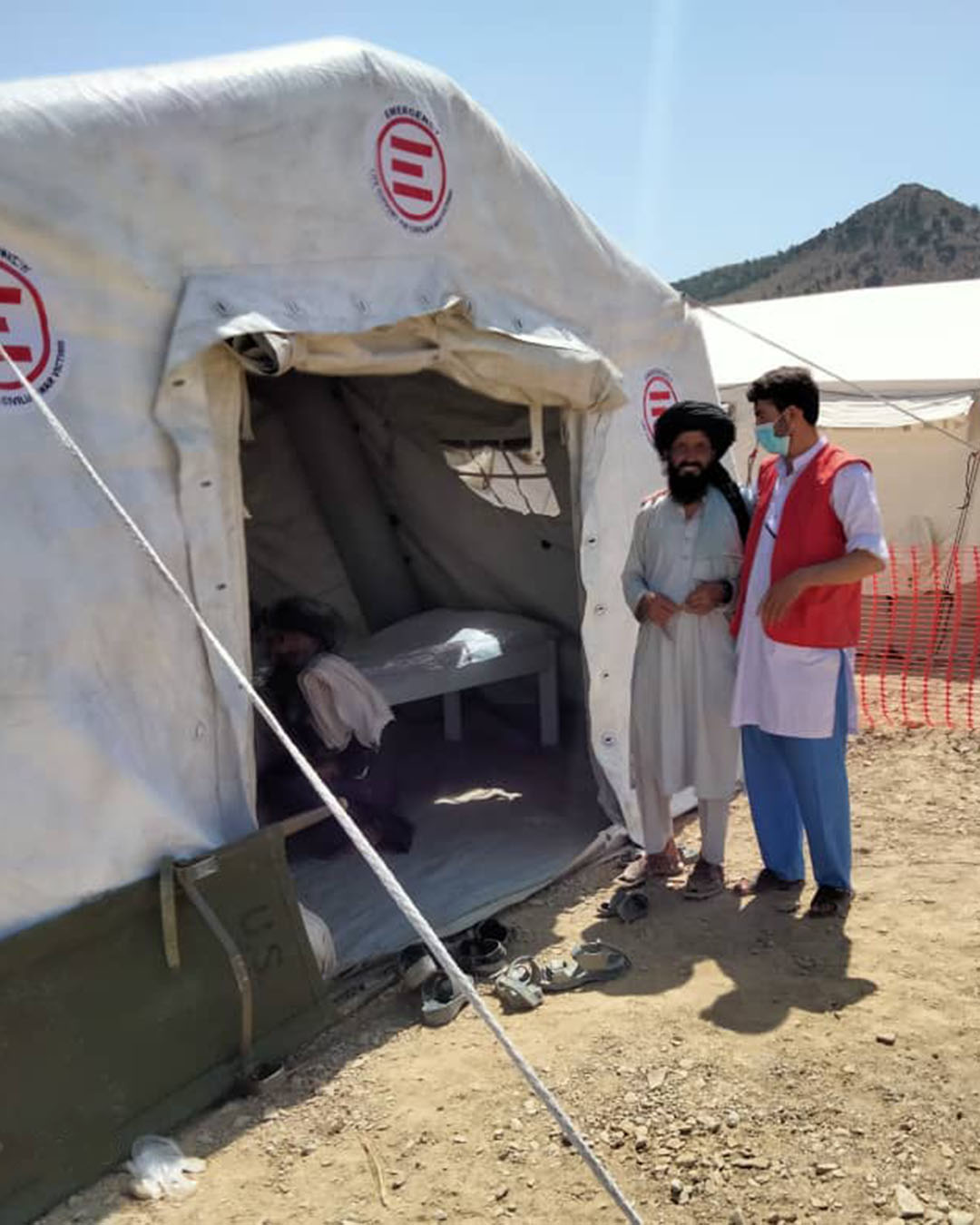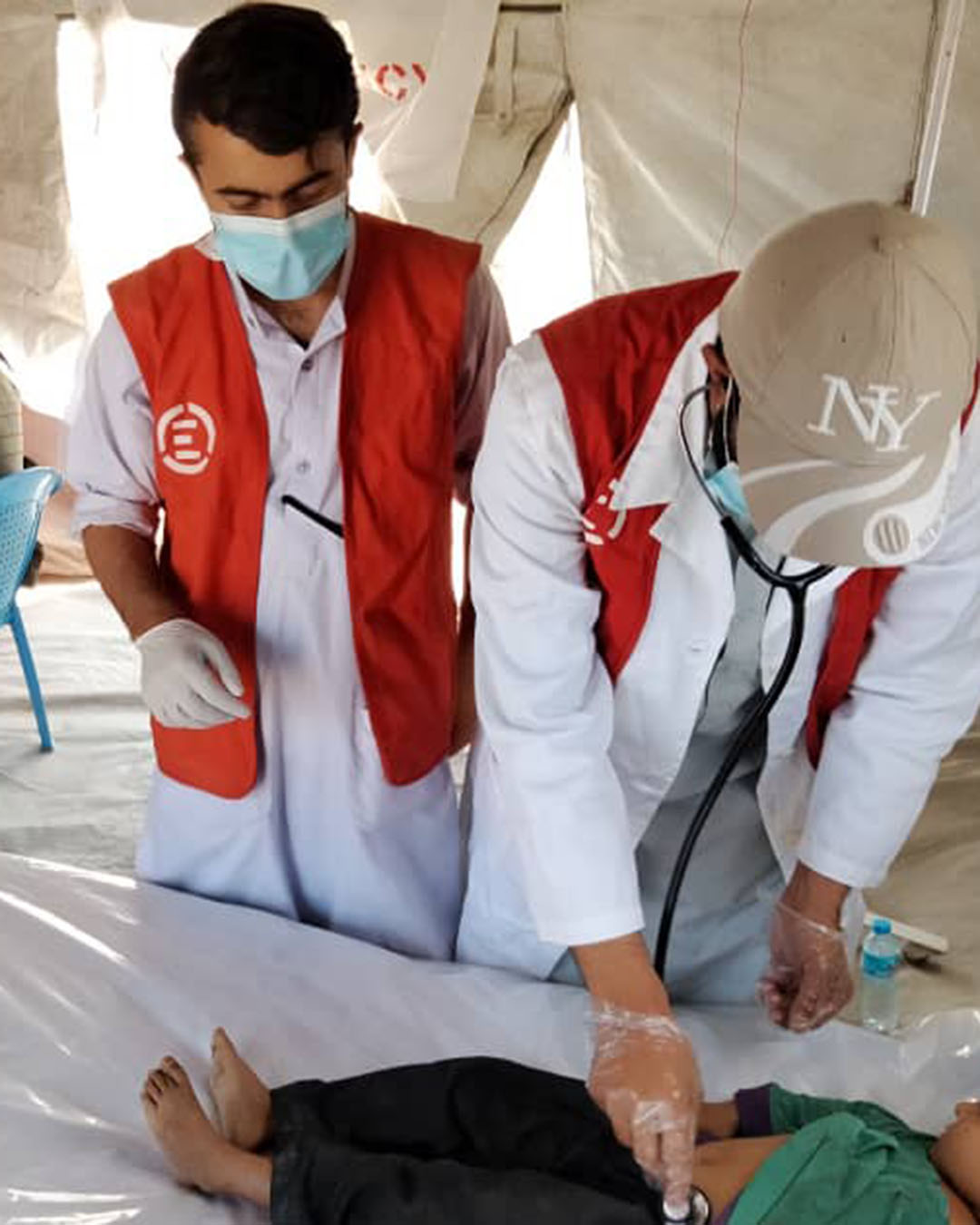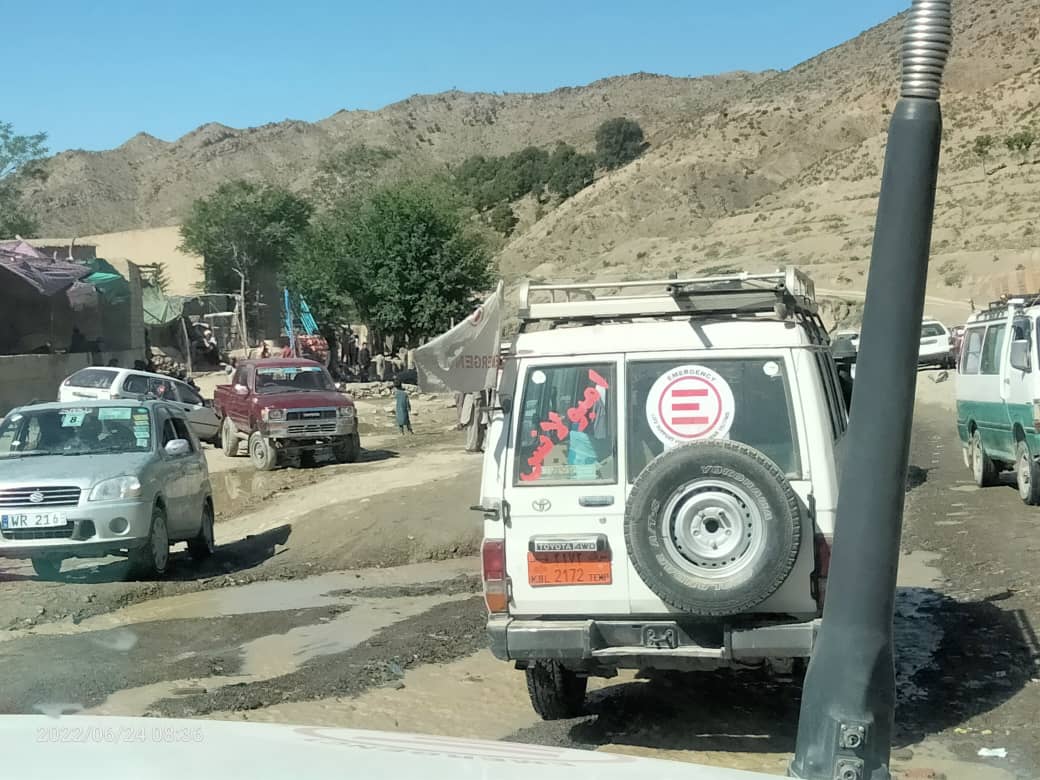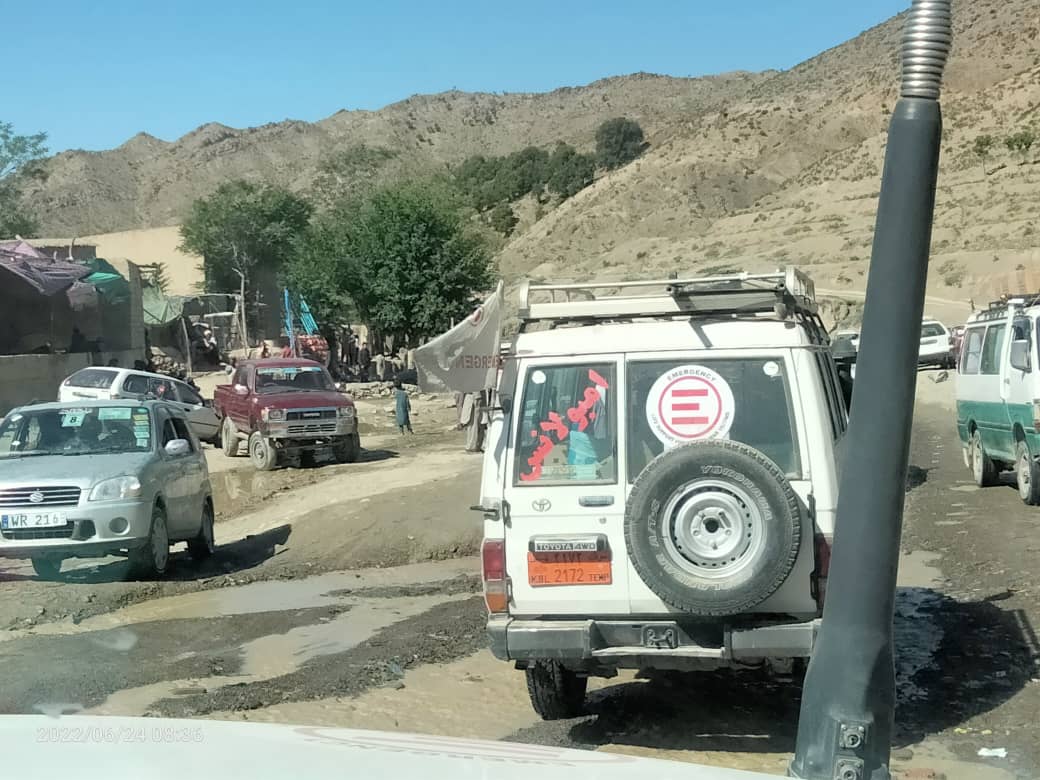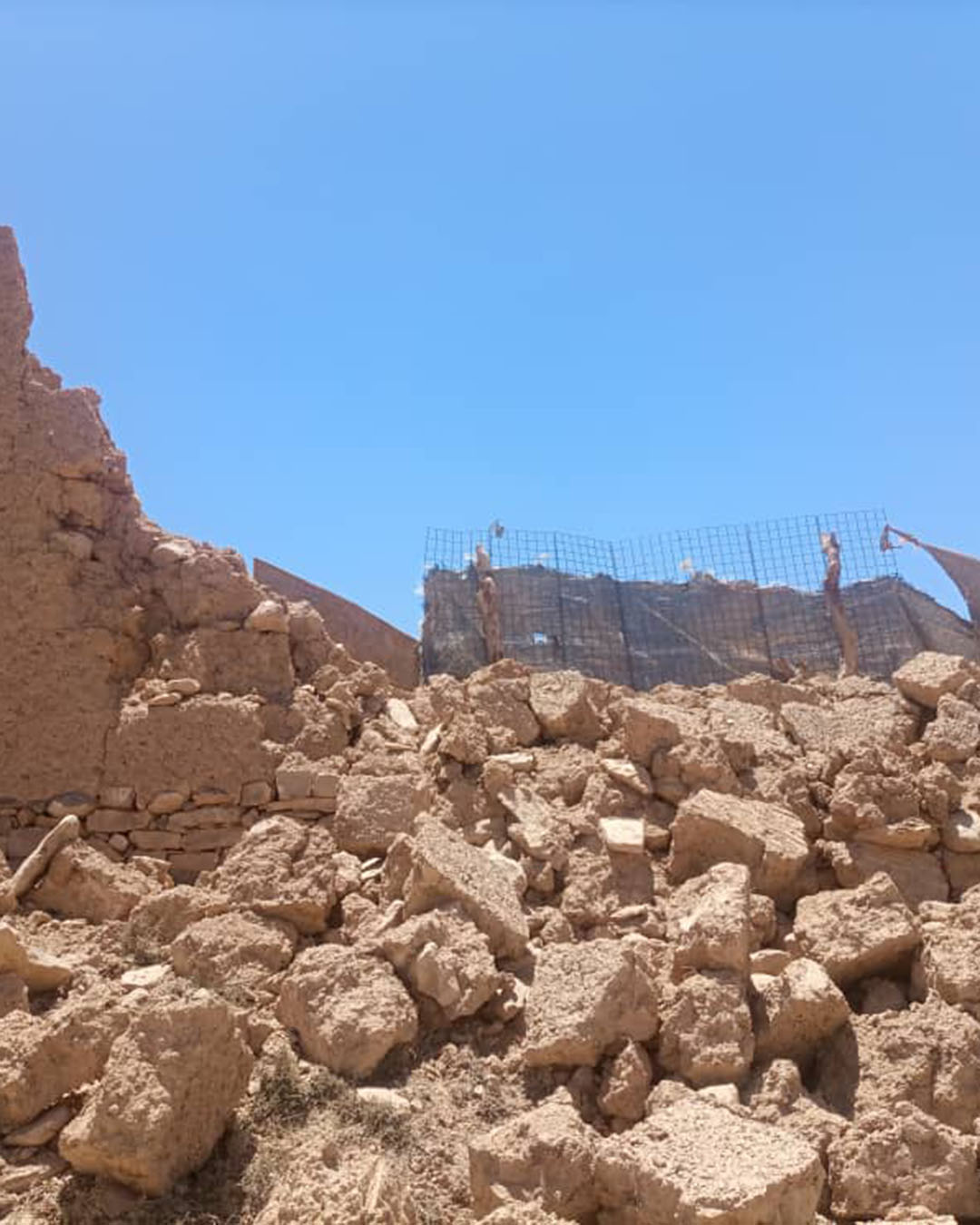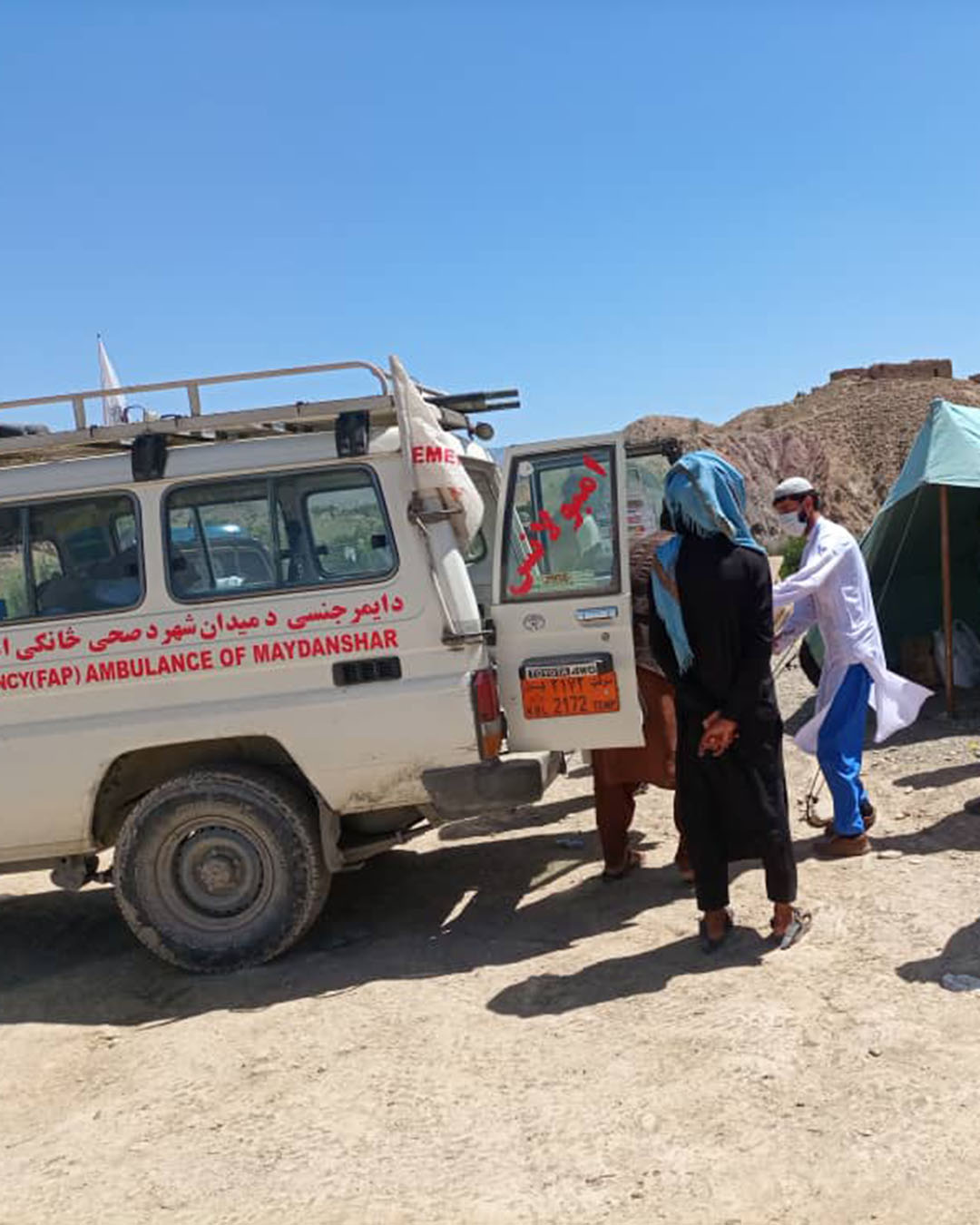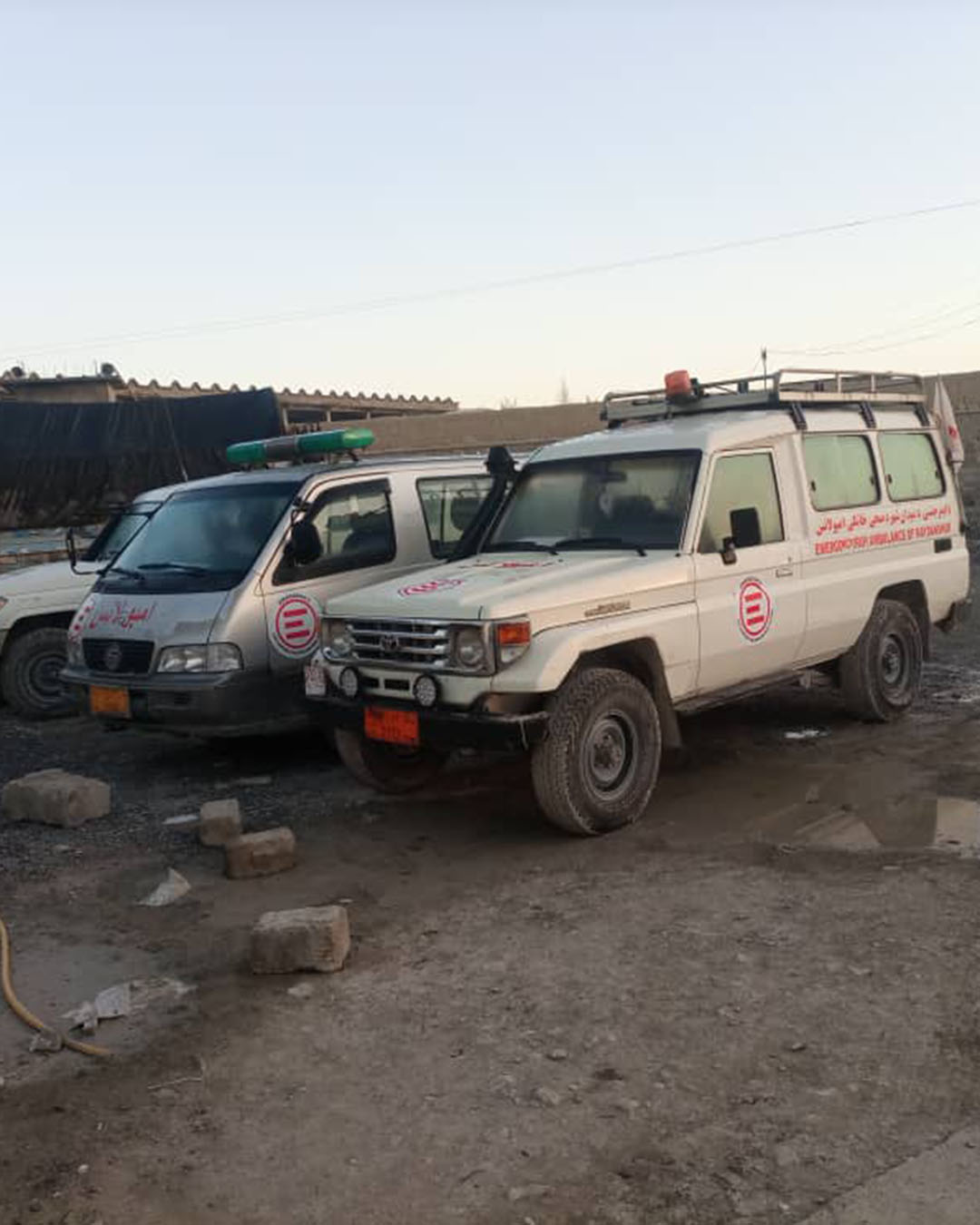The Royal College of Surgeons of England is one of the world’s most renowned and…
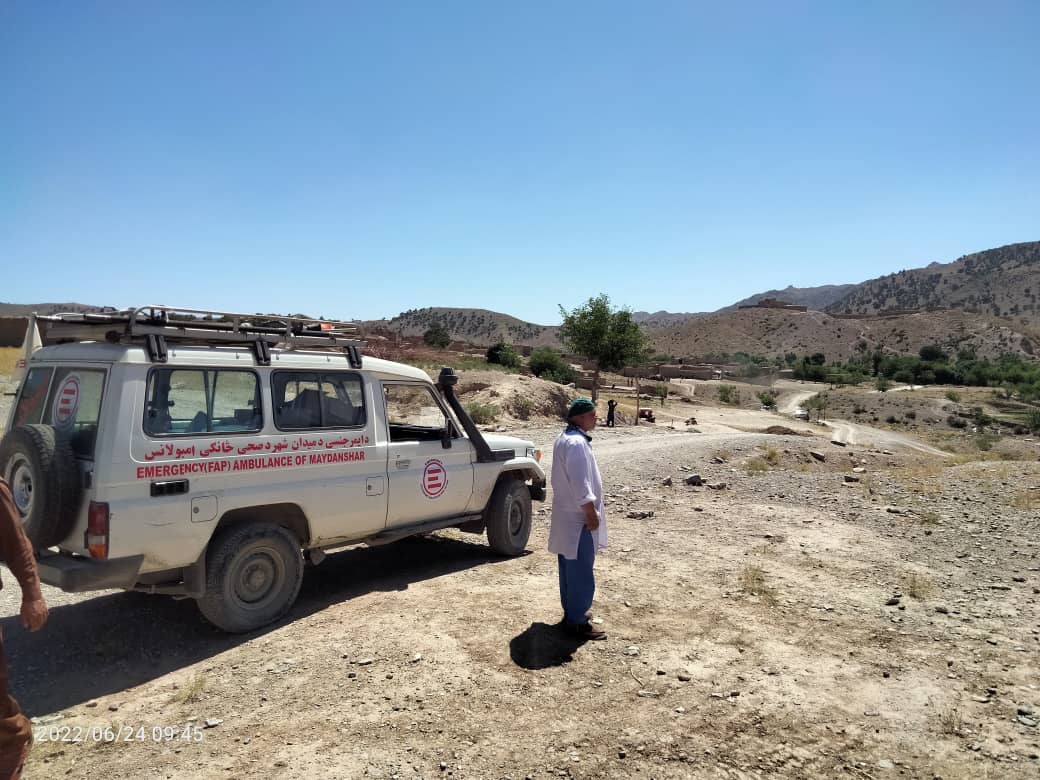
Earthquake in Afghanistan: EMERGENCY Took Part in The Medical Response To The Disaster
During the night between 21 and 22 June, a 5.9 magnitude earthquake struck the south-eastern area of Afghanistan, in the provinces of Khost and Paktika on the border with north-western Pakistan.
The tremor, which occurred at around 11 p.m. (CET), was felt within felt within a 500km radius of the epicentre as far as Pakistan and India, and caused injuries, deaths and destruction in the Barmal, Giayan, and Sphera districts of Paktika province.
Estimates speak of more than 1,000 dead and almost 3,000 injured.
Right from the start, EMERGENCY took part in the medical response to this disaster.
After sending staff and seven ambulances to the affected areas to assess local needs, we set up a First Aid Post in Barmal, one of the areas closest to the epicentre and among the most difficult to reach.
In just over a month of operation, we provided treatment to over 4,500 people in our clinic, responding to the emergency but also to needs that existed prior to the earthquake.
At the end of July 2022, the emergency phase having passed, our intervention was concluded with a handover to local authorities and to those already active in the area before the earthquake.
Updates Following 22 June Earthquake in Afghanistan
20 July: over the past three weeks, 3,300 people have received treatment at our clinic in Barmal
Over the past three weeks, 3,300 people have received treatment at our clinic in Barmal, Afghanistan, in the area affected by June’s devastating earthquake.
“This is a remote and very difficult area to reach, with poor infrastructure and basic services, such as the availability of water. This is problematic from a health point of view,” says Stefano, our Country Director in Afghanistan.
After the first emergency response phase, we are now also offering medical assistance for a wider range of health issues, such as infections, gastrointestinal problems, and hypertension.
30 June:
“The remoteness of Barmal and its distance from healthcare facilities – around 3 hours drive – meant it was difficult for people in this area to receive medical care. This is why we decided to open our clinic here,” says Stefano, EMERGENCY’s Country Director in Afghanistan.
Our newly-formed clinic is providing health support to inhabitants from 14 villages that have been some of the hardest hit by last week’s earthquake.
In four days, over 650 people visited the clinic.
27 June:
More than 300 patients have been treated at our clinic in Barmal, one of the villages near the epicentre of the earthquake that struck Afghanistan five days ago. They arrived with symptoms primarily related to displacement: infections, gastro-intestinal problems and hypertension.
Some people arrived in a state of shock and remained under observation.
The WHO confirmed that more than 700 families are living in the open in the most affected districts, with 400 in Barmal district alone. Drinking water is scarce and sanitation is poor, which can lead to outbreaks of diseases such as cholera, dysentery and typhoid.
24 June: New First Aid Post
After an inspection to assess local needs, we began setting up a First Aid Post in Barmal today, one of the areas closest to the epicentre and among the most difficult to reach. It will be operational 24 hours a day, 7 days a week, guaranteeing primary care.
Our logistics team is working to open this facility as soon as possible.
23 June:
“Regardless of the causes which lead to a crisis, be it war or natural disaster, EMERGENCY is close to the Afghan population. We are ready to support in these difficult times.”
Country Director Stefano provides an update after the devastating earthquake in Afghanistan yesterday.
22 June:
EMERGENCY is taking part in the medical response following the earthquake in Afghanistan, which has caused hundreds of deaths and injuries that are increasing by the hour.
We have sent staff and 7 ambulances to support relief efforts & transport the injured to our First Aid Posts. We have also made beds available in the Kabul Surgical Centre.
The 5.9-magnitude quake, which occurred in the middle of the night, was felt within a 500km radius of the epicentre as far as Pakistan and India, and caused injuries, deaths and destruction in the Barmal, Zirok, Nika and Giyan districts of Paktika province. So far, more than 900 people are reported dead and over 600 injured. The fear is that this number will continue to rise: many people may have been trapped under collapsed buildings.
“This tragedy only worsens the difficult, fragile economic and social situation that Afghanistan has been experiencing for months,” says Stefano, our Country Director. “Now it will be even more necessary to release and increase all the humanitarian aid that Afghanistan needs.”





